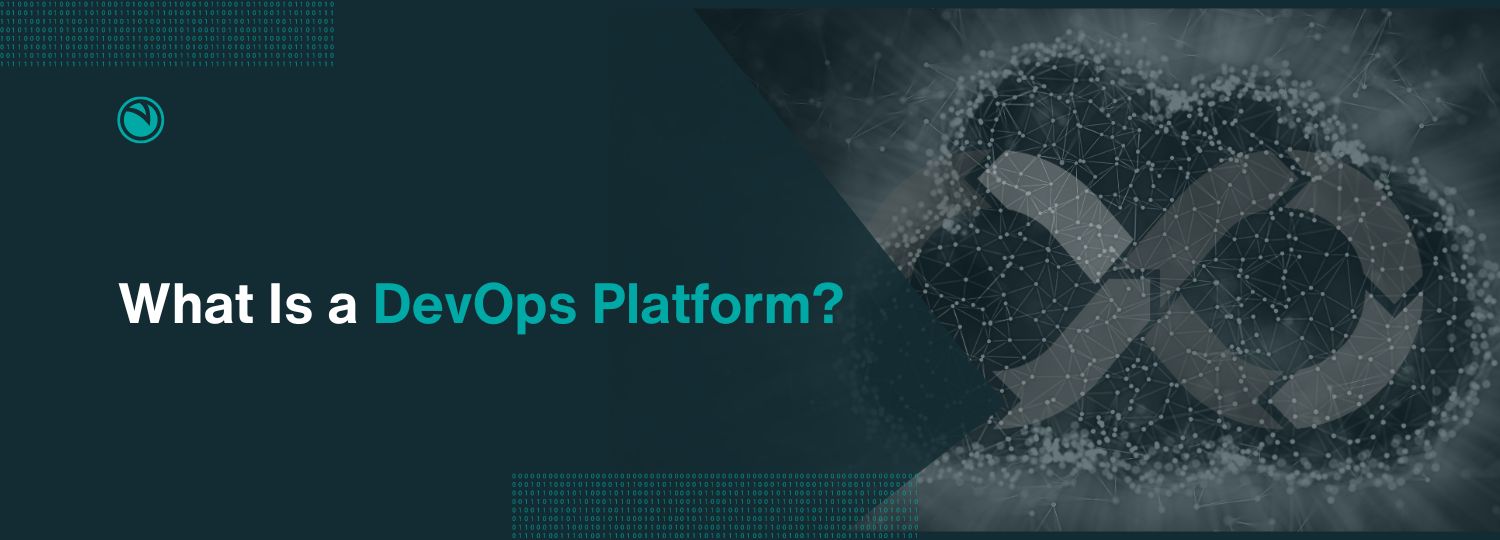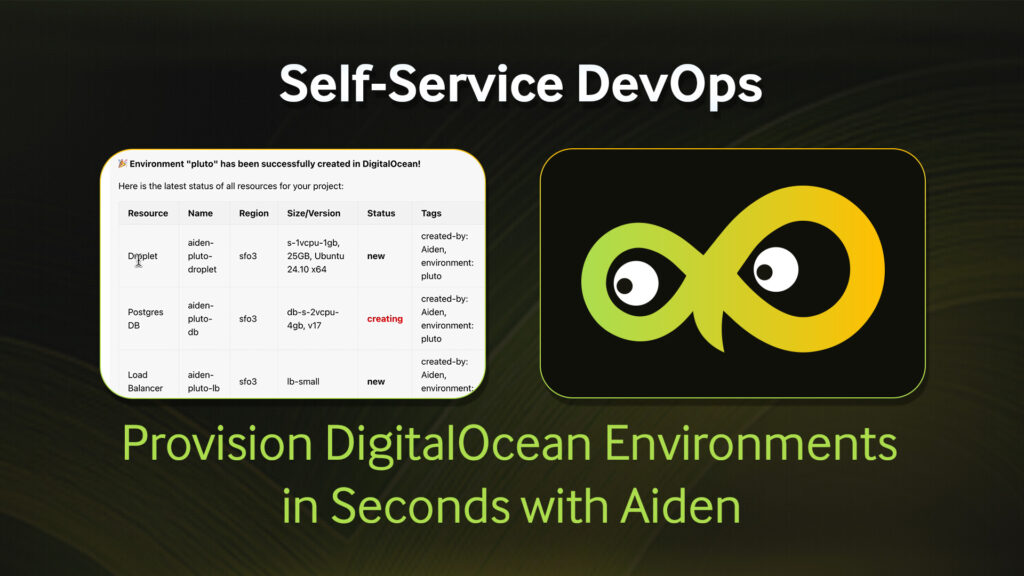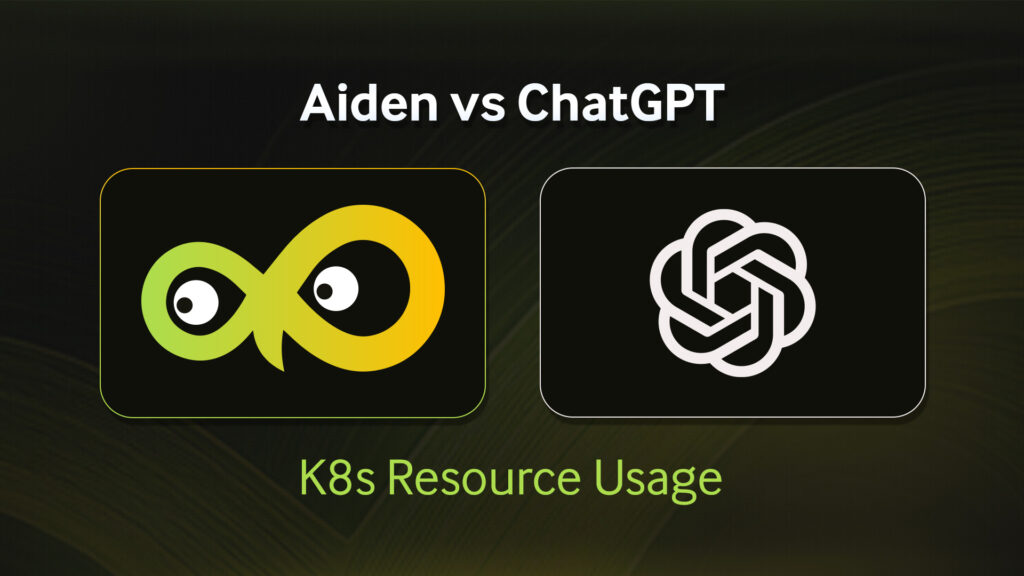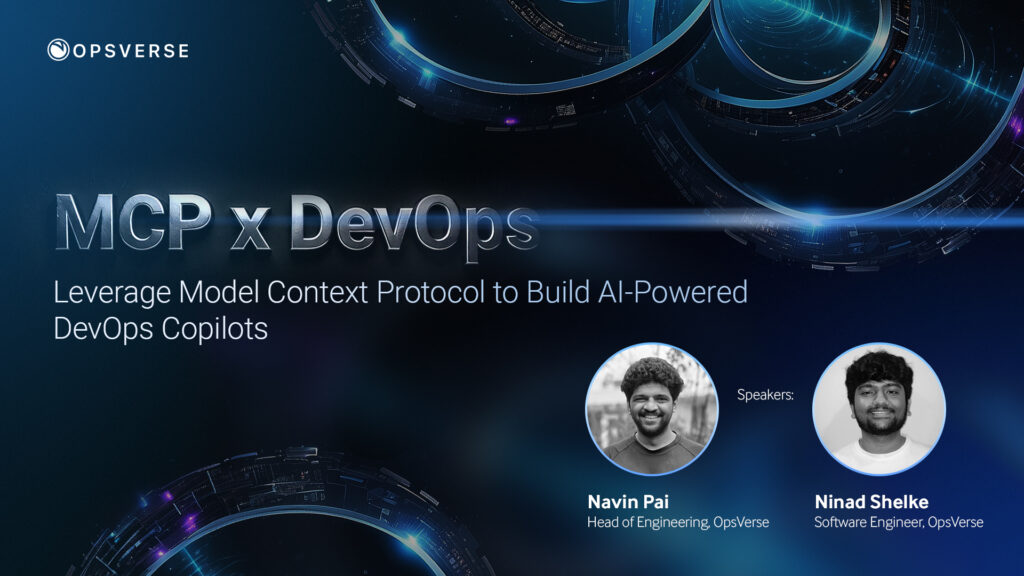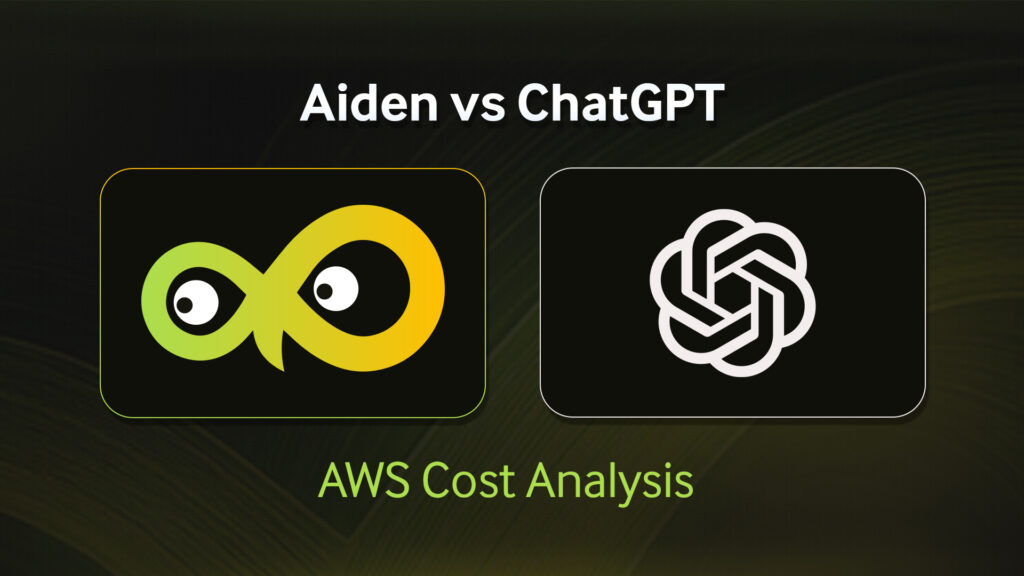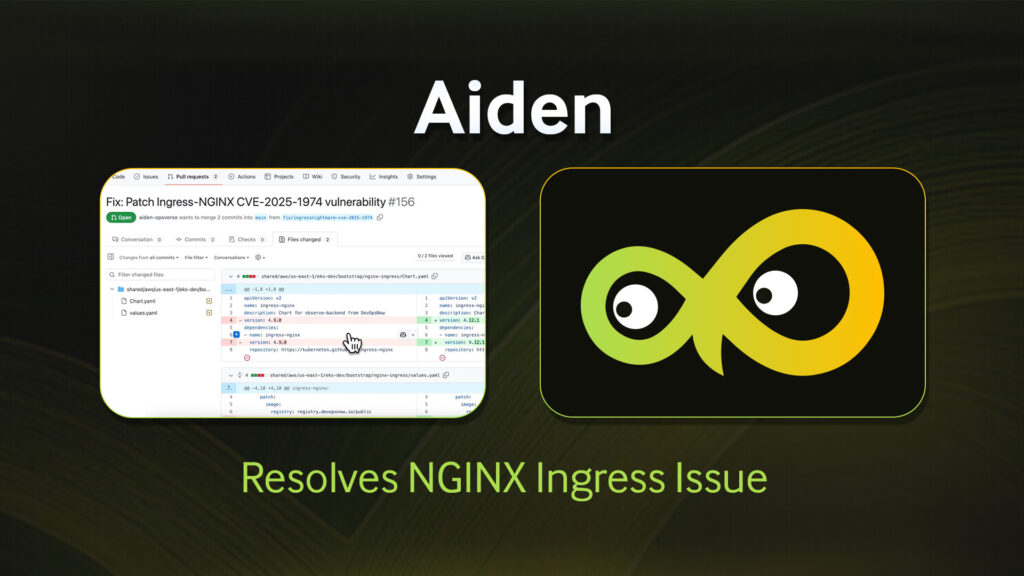The concept of DevOps has long gained prominence as a methodology for bridging the gap between development and operations teams.
A critical factor in DevOps success, a DevOps platform is a comprehensive and integrated solution that provides a centralized hub for managing the entire software delivery lifecycle.
In this blog post, we will explore the significance of open-source DevOps platforms, key considerations when choosing one, and the benefits they can bring to your organization.
The Emergence of DevOps Platforms
The traditional divide between development and operations teams in organizations often hindered efficiency, collaboration, and the timely delivery of high-quality software. Recognizing the limitations of this siloed approach, organizations increasingly turned to alternative methodologies to bridge the gap – fostering a culture of collaboration, automation, and continuous improvement.
As a result, the need for a more cohesive and integrated approach led to the emergence of DevOps platforms, marking a paradigm shift in how organizations conceptualize and implement their software delivery processes.
DevOps platforms serve as dynamic, centralized hubs that unite diverse sets of tools and processes involved in the software development lifecycle, providing a streamlined and collaborative environment for cross-functional teams.
The benefits of using DevOps platforms include:
- Improved collaboration: DevOps platforms foster collaboration by providing a shared space for development and operations teams to work together seamlessly.
- Increased efficiency: Tool integrations within a DevOps platform streamline workflows, reduce manual handoffs, and accelerate the delivery pipeline.
- Enhanced visibility: A holistic view of the entire development lifecycle allows for better monitoring, tracking, and decision-making throughout the software delivery process.
Key Considerations for Choosing a DevOps Platform
Now that we understand the benefits of DevOps tools, let’s take a look at some of the key factors to consider when choosing a DevOps platform for an organization.
All-in-One vs. Pick Your Own Tools
One key consideration when adopting a DevOps platform is the choice between an all-in-one solution or a platform that allows organizations to pick and choose the tools that best fit their needs. While all-in-one solutions offer simplicity, flexibility is a critical factor for some organizations with specific tool preferences or existing investments.
Data Residency
As organizations operate in a global landscape, data residency becomes a significant concern. DevOps platforms need to address these concerns by providing options for data storage and processing that comply with regional regulations and security standards.
Scalability
As organizations grow, the demands on their DevOps infrastructures also increase. A scalable DevOps platform ensures that it can accommodate the evolving needs of the organization, handling larger workloads and additional users without compromising performance.
Integration Capabilities
The effectiveness of a DevOps platform lies in its ability to integrate seamlessly with a diverse set of tools and technologies across the entire development lifecycle. Integration capabilities are crucial for creating a cohesive ecosystem that supports end-to-end automation.
Security Features
Security is a paramount concern in any DevOps environment. A robust DevOps platform should incorporate security measures at every stage of the development pipeline to safeguard sensitive data, prevent vulnerabilities, and ensure compliance with industry standards.
Making informed decisions requires a deep understanding of how a DevOps platform aligns with the organization’s requirements in real-world scenarios. Conducting thorough assessments and pilot projects allows organizations to validate the platform’s capabilities and assess its impact on the development lifecycle.
Gartner Predictions and Emerging Players
According to the Gartner Magic Quadrant for DevOps Platforms 2023 report, GitLab, Microsoft, and Atlassian are recognized as leaders in the market. Meanwhile, JetBrains, Harness, JFrog, and CodeFresh are amongst some of the companies acknowledged as noteworthy emerging players poised to make substantial contributions to the evolving DevOps ecosystem.
The report underscores the diversity and competitive nature of the market, signalling a trajectory of continuous growth and technological advancement within the realm of DevOps solutions.
The report also indicates a transformative shift in organizational strategies, projecting that a remarkable 75% of businesses (up from 25% in 2023) will shift from employing multiple point solutions to adopting comprehensive DevOps platforms for streamlined application delivery by 2027.
This forecast reflects a strategic response to the industry’s increasing complexity and a collective commitment to holistic, integrated solutions.
OpsVerse: The DevOps Platform Featuring Curated Open-Source Tools
OpsVerse provides a comprehensive DevOps platform that offers a curated stack of open-source software (OSS) tools designed to streamline and enhance the software delivery lifecycle. Among its notable offerings, OpsVerse ONE takes center stage as a fully-managed internal developer portal based on Backstage.io. This tool can seamlessly operate on any cloud infrastructure and be deployed within minutes.
DeployNow, another integral component of OpsVerse, empowers organizational efficiency with deployment orchestration featuring a policy engine based on ArgoCD, Argo Workflows, and Open Policy Agent. This allows for efficient and policy-driven deployments, ensuring a robust and controlled release process.
Complementing these capabilities is ObserveNow, an open-source-based observability tool that brings together logs, traces, and metrics under a single roof. This unified approach to observability offers unprecedented insights into application performance and behaviour.
What sets OpsVerse apart in the market is its commitment to providing fully-managed OSS tools, ensuring that each component seamlessly integrates into the platform while fostering collaboration, automation, and efficiency throughout the DevOps pipeline. With OpsVerse, organizations now have a powerful and cohesive solution to meet their diverse needs in the rapidly evolving landscape of software delivery.
Visit our website to learn more about OpsVerse or talk to our representatives for detailed information on how OpsVerse can enhance your DevOps delivery capabilities.

